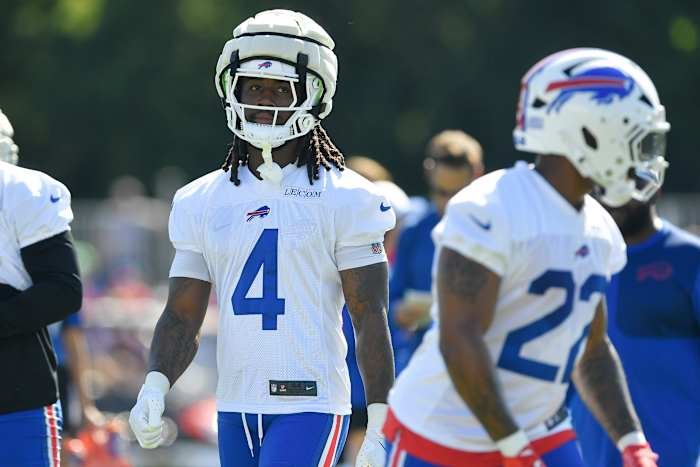Introduction
It’s something most of us have heard before: “Use it or lose it.” When it comes to our brains, this old adage rings especially true. From childhood through our early 30s, our cognitive skills—the ability to think, learn, remember, and reason—are sharp and constantly developing. But what happens as we age? Is cognitive decline inevitable, or are there ways to keep our mental faculties strong? As Orlando’s population grows and ages, understanding cognitive health is more important than ever for our community. In this article, we’ll explore how age affects cognitive skills, what science says about mental decline, and what Orlando residents can do to keep their minds sharp.
Understanding Cognitive Skills: The Basics
Cognitive skills encompass a wide range of mental processes, including memory, attention, processing speed, reasoning, and problem-solving. During childhood and adolescence, these skills develop rapidly. Scientific studies show that most people reach their cognitive peak in their twenties or early thirties, particularly in areas like memory recall and processing speed. After this peak, changes begin to occur, but it’s not all downhill—some abilities, like vocabulary and general knowledge, can improve well into later life.
For Orlando’s diverse community, this development is vital. With a booming tech sector, top universities, and a vibrant senior population, understanding cognitive ability across ages helps us cater to everyone—from students to retirees enjoying the Florida sun.
What Happens to the Brain as We Age?
As we move beyond our early 30s, the brain undergoes gradual changes. Neurons may shrink or lose connections, and some brain regions might lose volume. Research suggests that short-term memory and the ability to learn new information can decline, and it may take longer to process information. However, not all cognitive skills are equally affected. For example, while multitasking becomes harder, emotional intelligence and decision-making based on experience often remain stable or even improve.
In Orlando, where many seniors relocate for retirement, these changes are common topics of discussion in community centers and healthcare settings. Local neurologists and geriatricians recommend regular cognitive checkups, especially since early detection of decline can make a significant difference in managing conditions like dementia.
Myth vs. Reality: Is Cognitive Decline Inevitable?
The idea that cognitive decline is unavoidable after a certain age is a myth. While some changes are natural, studies show that lifestyle plays a huge role in maintaining brain health. Physical activity, social engagement, and lifelong learning can all slow cognitive decline. Diet also matters; the Mediterranean diet, rich in fruits, vegetables, fish, and healthy fats, has been linked to better cognitive function in older adults.
Orlando offers a wealth of opportunities for brain-boosting activities. From classes at the Orange County Library System to walking clubs at Leu Gardens and lifelong learning courses at Rollins College, residents can take advantage of numerous resources to keep their minds active.
Local Efforts: Orlando’s Approach to Brain Health
Recognizing the importance of mental fitness, Orlando’s local organizations and health providers have launched initiatives aimed at supporting cognitive health at every age. The Alzheimer’s & Dementia Resource Center provides workshops and support groups, while local YMCAs and senior centers offer fitness and memory programs tailored to older adults. Schools and universities are also integrating brain health into their curriculums, preparing the next generation for lifelong mental resilience.
Furthermore, Orlando’s medical community is involved in cutting-edge research. The UCF College of Medicine partners with local hospitals to study aging and cognitive decline, ensuring that residents have access to the latest treatments and preventative advice.
Practical Tips: How to Keep Your Brain Sharp in Orlando
- Stay Active: Physical exercise increases blood flow to the brain. Try biking on the Orlando Urban Trail or join a local fitness class.
- Eat Smart: Visit Orlando’s farmers markets for fresh produce and try to incorporate more brain-healthy foods into your meals.
- Keep Learning: Take a class, learn a new skill, or participate in trivia nights at local cafes and breweries.
- Be Social: Join clubs, volunteer, or attend community events to keep your mind and social skills engaged.
- Get Regular Checkups: Talk to your doctor about cognitive health, especially if you notice changes in memory or thinking.
Conclusion
Aging does bring changes to our cognitive skills, but decline is not set in stone. By staying active, eating well, learning new things, and taking advantage of Orlando’s many community resources, you can keep your mind sharp at any age
















